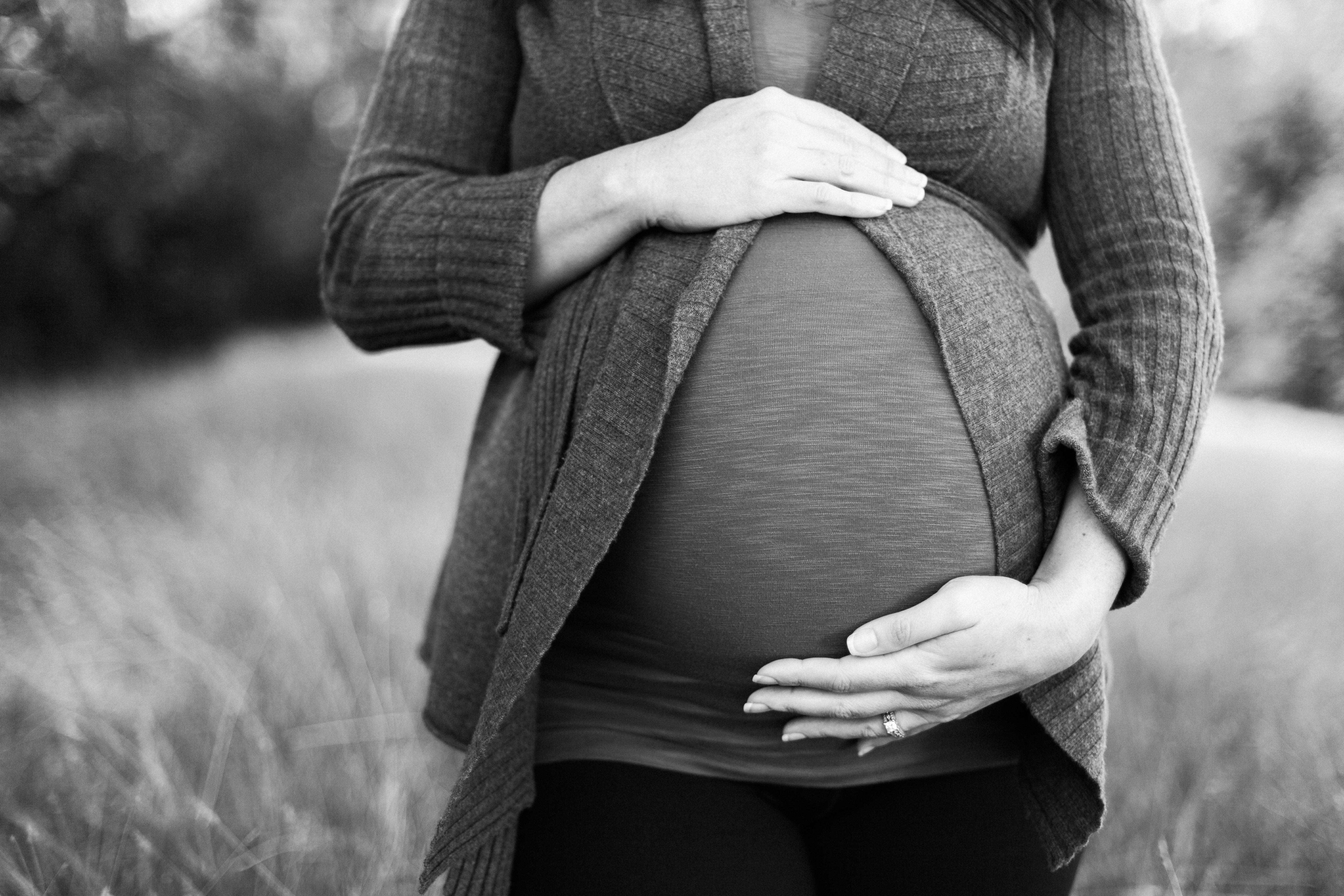Media release
From:
About The Study: In this study, gestational hypertension, preeclampsia, and eclampsia were associated with an increased risk of new-onset migraine, headache, epilepsy, sleep disorder, or mental fatigue within months to years after giving birth. Guidelines recommend follow-up after delivery for women with gestational hypertension and preeclampsia for their increased risk of cardiovascular disease. At these visits, caregivers should also pay attention to persisting or new-onset of neurological symptoms, since this group of women appears to be vulnerable to developing or experiencing neurological disorders.



 International
International



